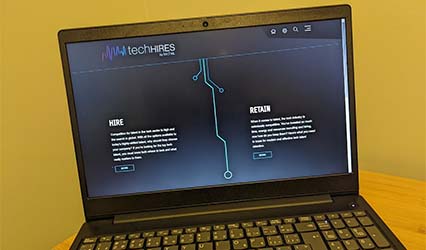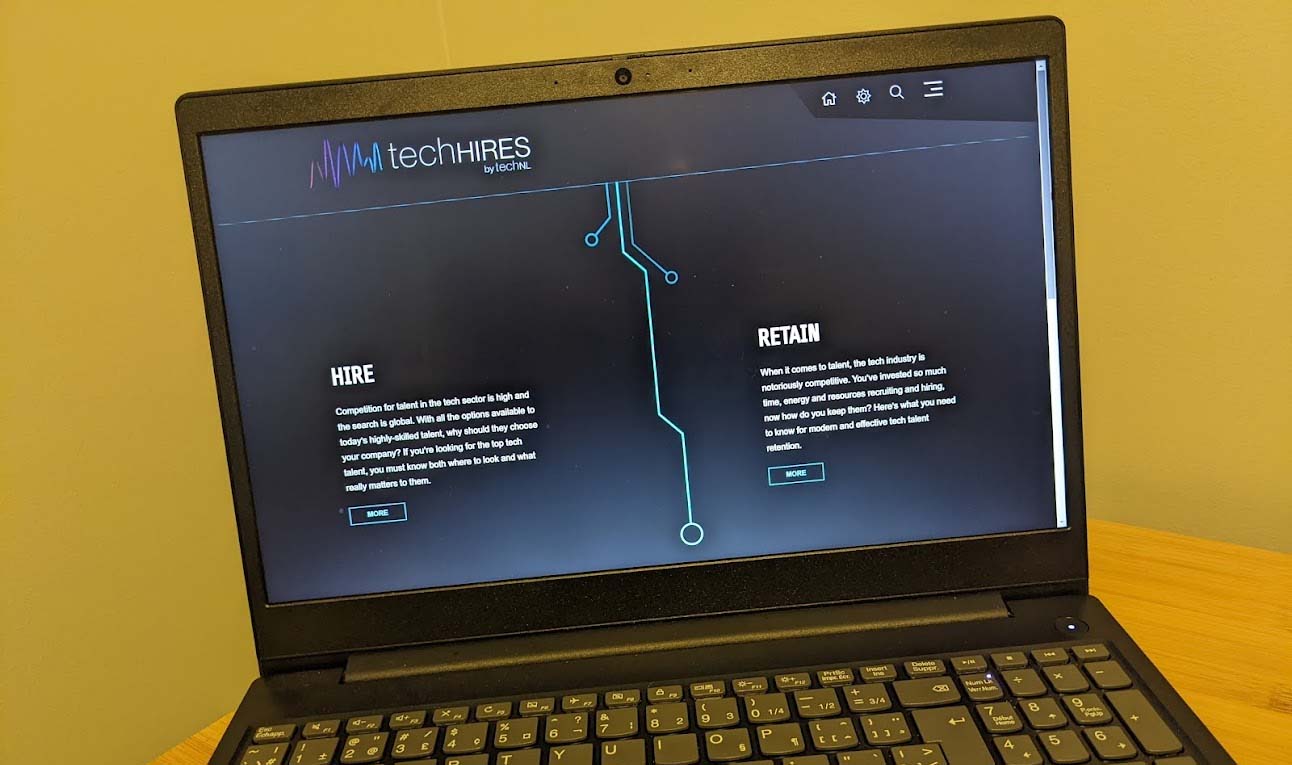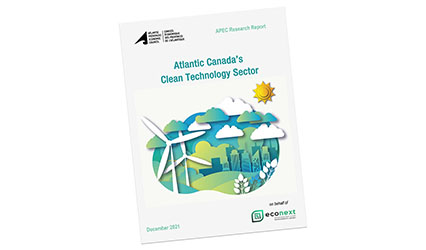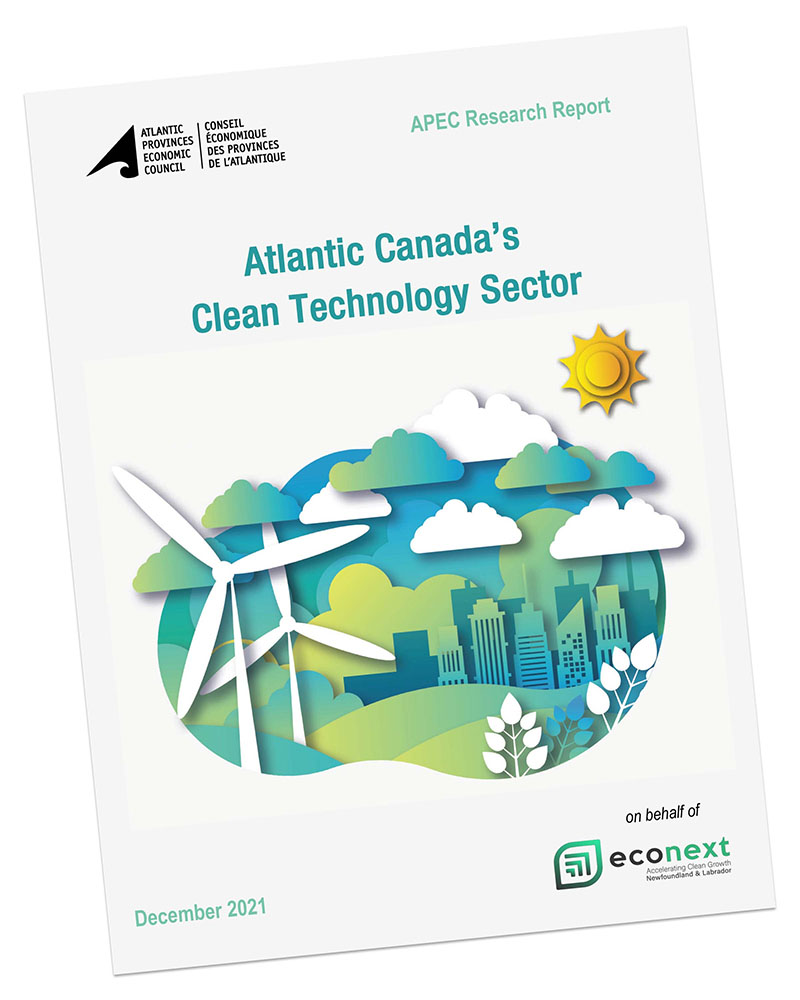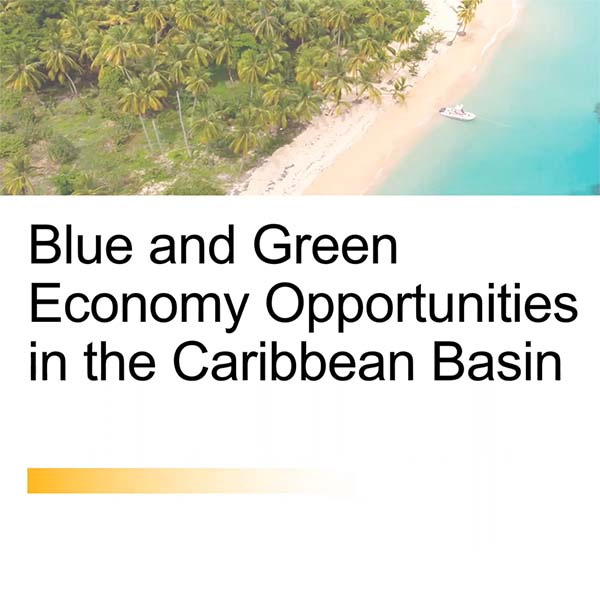
In September 2021 econext launched its online professional development and training portal econext On-Demand (https://neia.myvirtualcampus.co/). econext On-Demand presents new opportunities for the provision of training and professional development for businesses, their employees, and environmental practitioners throughout econext’s broad provincial network.
econext is seeking Expressions of Interest (EOIs) from members interested in partnering with the association in the delivery of online training and professional development opportunities via the new On-Demand portal.
econext is interested in exploring training and professional development partnerships that fall into one of the following categories:
- Helping business owners of all kinds improve their environmental sustainability and performance in the Newfoundland and Labrador context
- Helping environmental professionals (both in the office and in the field) in industry improve and build on their competencies with new skills, ideas, and experiences
- Helping industry professionals in non-environmental roles increase their capacity to view their work through an environmental lens
- Introducing businesses and professionals to environmental sector competencies that can be more fully explored through further education and certification in subsequent instruction (independent of econext)
Proposed training and professional development opportunities can take the form of static presentations, real-time seminars, and/or sequential modular instruction. econext On-Demand has the capability to include interactive elements to evaluate and confirm learning (e.g., quizzes, embedded media). econext is open to considering hybrid programming, where portions of the training take place online in combination with practical or field-based instruction.
Responses
Responses to this Request for Expressions of Interest should include:
- A description of the training or professional development proposed
- A proposed revenue-sharing model for the delivery of the training or professional development with and through econext
econext can provide technical support, if required, to digitalize course content and record instruction on a cost-recovery basis.
EOIs responses should be in DOC and/or PDF format, and sent to Kieran Hanley, econext’s Executive Director, via email at kieran@econext.ca no later than January 21, 2022. Submissions should be succinct and not exceed three (3) pages. Questions from interested parties can be directed to the same address.





